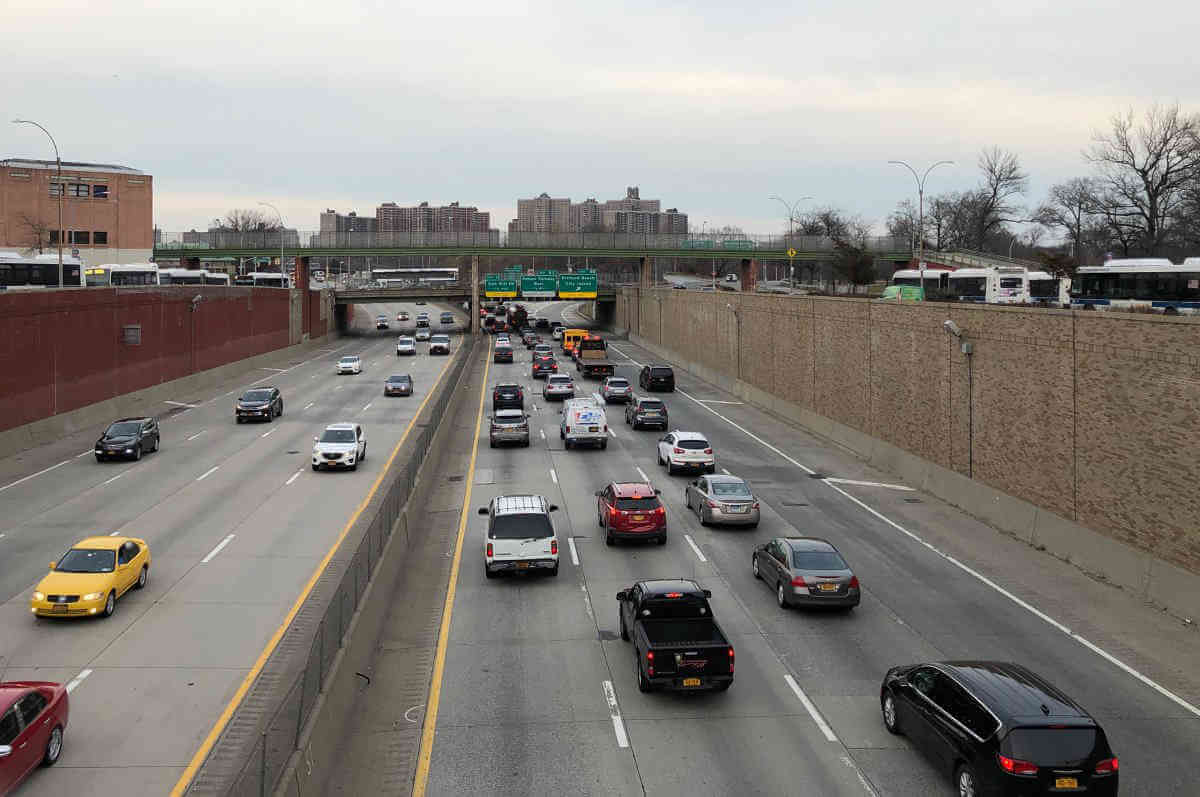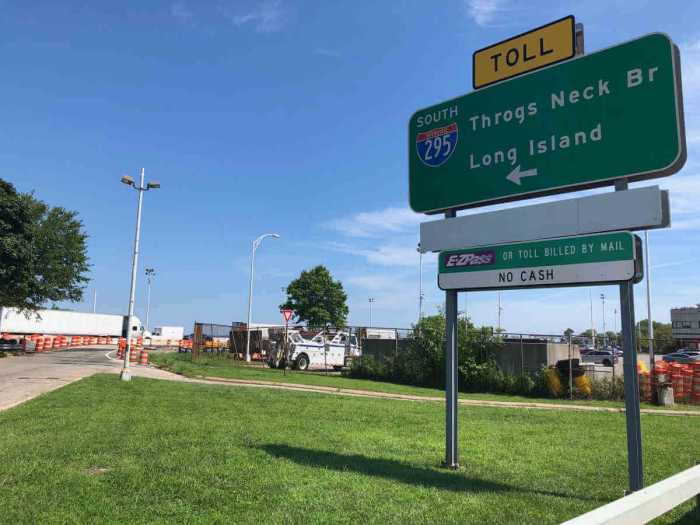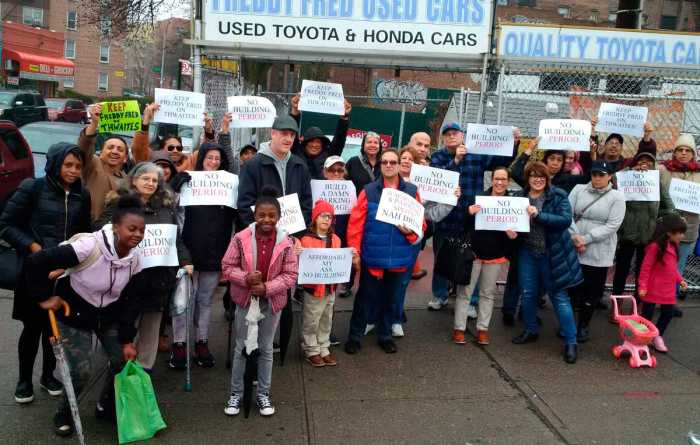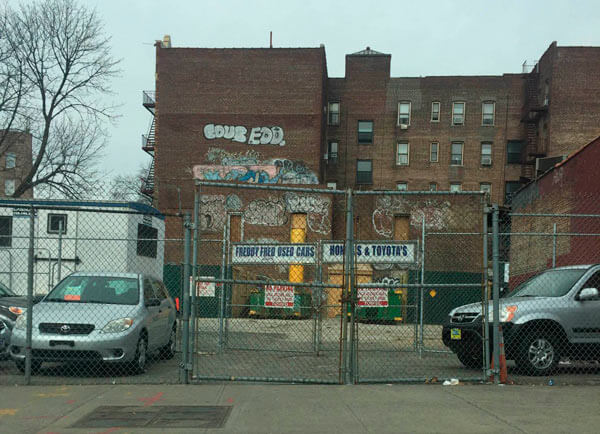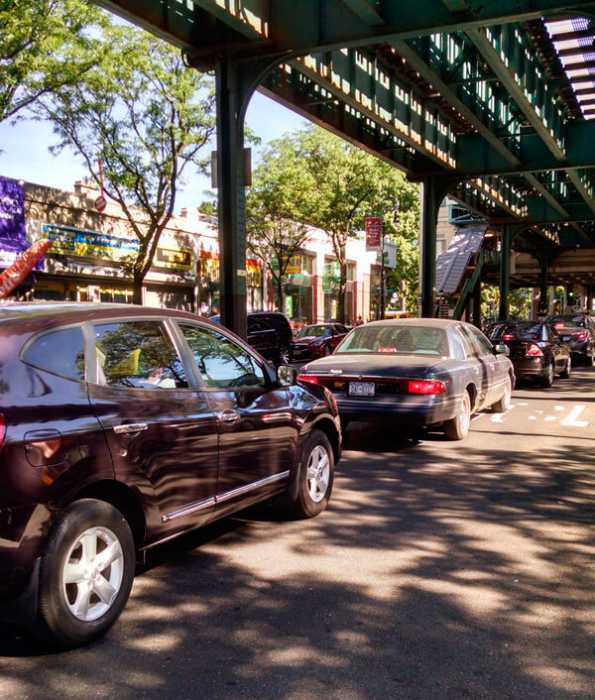New York City residents could very soon be impacted by a new scheme called ‘congestive pricing’ to raise sorely-needed transit funds.
The congestion pricing plan, which targets any vehicle entering Manhattan below 60th Street, could have far-reaching residual effects on the outer boroughs as well.
If the governor and state legislators agree on the terms to start a congestion pricing plan, certain Bronx communities face impacts due to its implementation and are seeking remedies that would either lessen the inconveniences or improve a number of local transit shortfalls to make the plan more tolerable.
Senator Alessandra Biaggi broached the idea of residential permit parking for the Woodlawn community during a town hall on Tuesday February 19.
Citing specific success seen in areas like Cambridge, MA, she believes areas like the northwest Bronx could benefit from permit parking on residential areas. There is concern that travellers from our northern counties north of the city will transfer to one of the borough’s many Manhattan-bound trains, hence commandeering limited neighborhood street parking, in an effort to avoid the congestive pricing tolls.
Other Bronx communities that border Westchester would require a similar stategy.
Biaggi also explained that the Metropolitan Transit Authority is facing a ‘literal crisis’ and that congestion pricing would only address a ‘tiny percentage’ of the agency’s woes.
Meanwhile, Governor Cuomo is threatening that without congestion pricing, MTA fares could possibly leap as much as 30 percent.
Assemblyman Jeffery Dinowitz has his own list of transit cures that address his constituency’s needs in the result of congestion pricing.
One of which would be to relocate the Henry Hudson Parkway toll from the Bronx-Manhattan border to the Bronx-Westchester border.
The plan would relieve Bronxites from being subject to as many as four tolls on a round trip to Manhattan.
Also on the Riverdale legislator’s agenda would be for all the IRT and Metro North stations in his district to have elevator accessible, specifically the #4 IRT Moshulu Parkway stop, which is currently in the design phase.
Community Board 12 would lobby for increased east-west bus service. Currently no MTA bus line provides Co-op City to Riverdale direct service.
Throggs Neck /Co-op City state legislator Assemblyman Michael Benedetto supports a sliding pricing plan that would reduce the fee during evenings and weekends so that outer borough residents are not penalized when frequenting Manhattan for theater, dining or any other nightlife activity.
Biaggi stated her support for a similar deal for senior and fixed income residents during her February town hall meeting.
Benedetto also wants a guarantee to improve mass transportation to transit deserts such as Co-op City and Throggs Neck, backed by a measurable schedule of progress; and also the installation of elevators at all the elevated train stations in his district.
The congestive pricing plan is estimated to raise about $1.2 billion a year for transit improvements. The plan’s advocates are demanding that the funds generated by the plan be used for MTA capital improvements only.
If approved it would take two to three years to install the technology required to collect the tolls.


